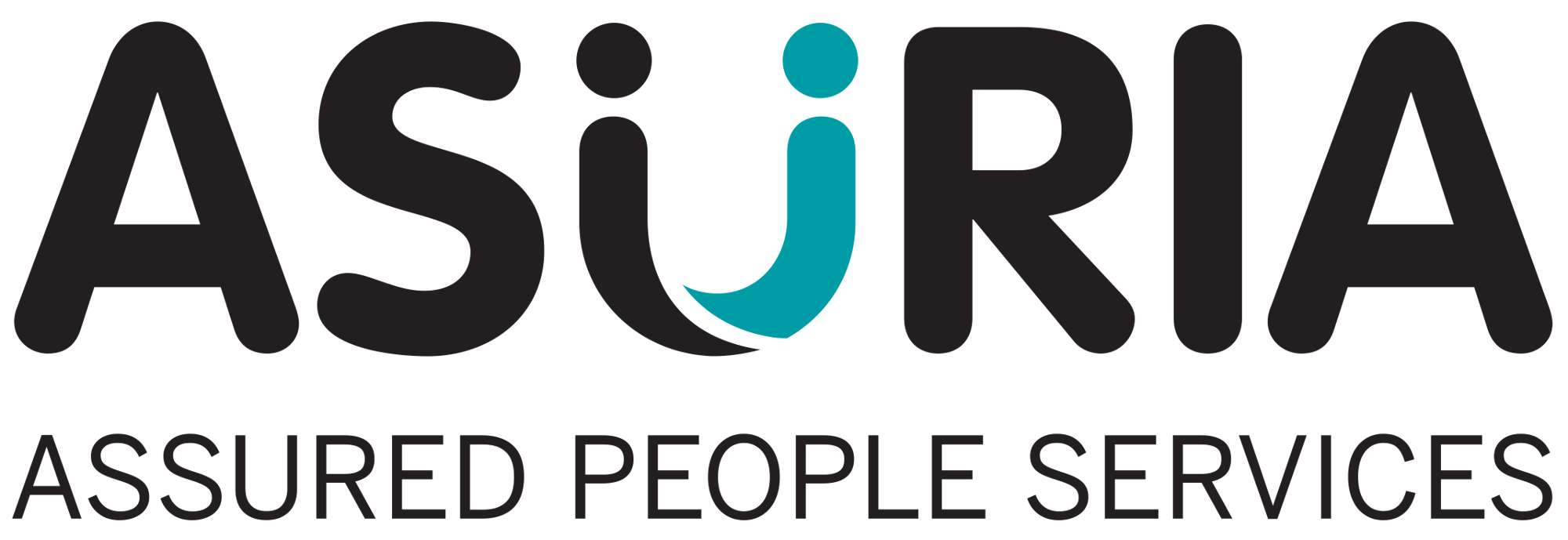In this fast-paced world of entrepreneurship, steering through the financial landscape can be scary. Yet, it is important for small business owners to develop a keen sense of financial awareness to thrive in today's competitive market.
With the help of Paula Hajek from Instone Accounting, we have put together five simple financial practices that could give your business a solid foundation and set it up for success.
- Set your house in order from Get Go!
 Start by opening a dedicated business bank account to separate personal and business finances. This simple step lays the groundwork for effective financial management.
Start by opening a dedicated business bank account to separate personal and business finances. This simple step lays the groundwork for effective financial management.
Budgeting and cash flow management are key components of financial literacy. By forecasting expenses and revenue streams, you can prepare for large expenses in advance and ensure a healthy cash flow. Distinguishing between good debt, which fuels growth, and bad debt, which drains resources, is key to making sound financial decisions.
- Get your toolkit ready
Unleash the power of an accounting software to help you streamline financial operations and generate vital reports such as balance sheets and profit and loss statements. Do note that profit does not equate to cash flow so timely invoice payments is critical for maintaining liquidity.
Spend time to understand your income tax obligations to avoid penalties and compliance issues. Your proper record-keeping will ensure that you don’t face any trouble with regulatory requirements and are able to avoid overpayments.
With so many different accounting software options out there, it can be hard to know which one best suit you and your business. For those starting their business, QuickBooks can be an affordable option, with a possible progression to Xero or MYOB as your business grows.
- Make your Accountant your business Buddy
It helps to engage an accountant before launching your business to get invaluable insights into structuring your business for success. Accountants are your trusted advisors, guiding you through compliance issues and financial complexities. They also act as liaisons with tax authorities, helping you navigate tax obligations and avoid costly penalties.
Engaging an accountant early on provides invaluable guidance on business structures and financial management strategies.
- Decode GST regulations for your business
 Understanding GST regulations and thresholds is essential for small business owners. You should register for GST when your turnover reaches $75,000 and familiarise yourself with GST calculations on income and purchases. Do remember to check if your business requires GST registration regardless of income level, as regulations for some industries may differ.
Understanding GST regulations and thresholds is essential for small business owners. You should register for GST when your turnover reaches $75,000 and familiarise yourself with GST calculations on income and purchases. Do remember to check if your business requires GST registration regardless of income level, as regulations for some industries may differ.
- Keep your Credit Rating healthy
Maintaining a good credit rating opens doors to favourable loan terms and financial opportunities. You can also safeguard your business with insurance coverage such as public liability, professional indemnity, and cyber insurance.
Becoming financially aware is a journey, not a destination. As part of Asuria’s Self-Employment Assistance program, we run monthly, online small business information sessions covering the latest topics that can help you kickstart a business idea or help you improve an existing small business.
Asuria's Self-Employment Assistance Program Business Mentor Helen Forrest remarked on the importance of the practices shared: “Learning to embrace the process of understanding the numbers in your business leads to a smoother entrepreneurial journey in the long term.” Being aware of your finances, investing in the right tools, and getting help from accountants can help you feel more comfortable when managing your finances in a business environment.
If you have a business idea or an existing small business and would like to learn more about how our Business Mentors can help turn your business dreams into a reality, click here to learn more.






